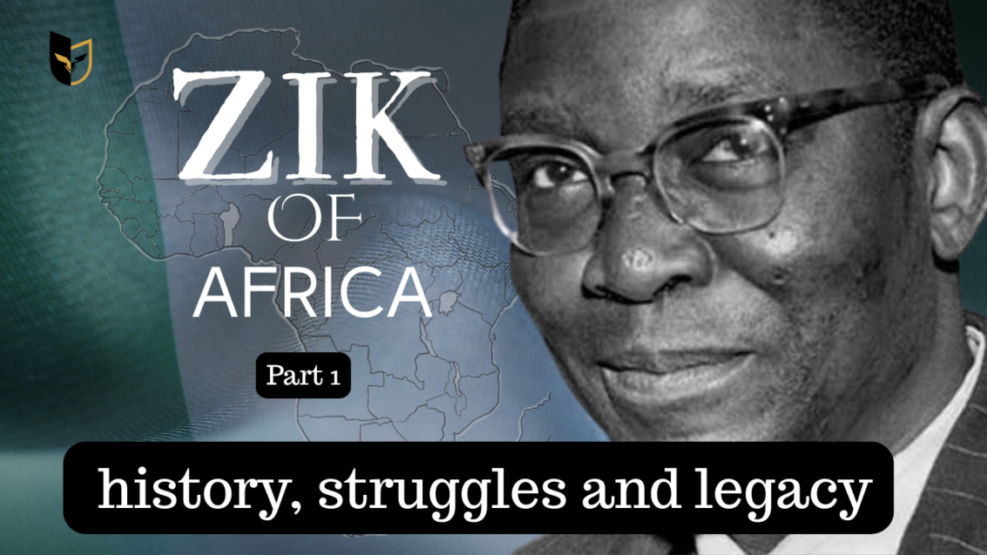No products in the cart.


Election is as good as a competition where each candidate makes an effort to win. The process of winning takes a lot of strategies and tactics. Each of the candidates looks for the weak points of their competitors. Where the competition ends with a winner, in the spirit of sportsmanship, the losers will congratulate the winner and go back to work harder for the next time.
In Nigerian politics, unlike in sports, the politicians are not easily guided by the spirit of sportsmanship. They often feel that by the efforts they made, they should win. And that the winner used underhand tactics to win or that the process was rigged against them. This is how Senator Andy Ubah thought that by the momentum on his side leading to the Anambra election, having to receive defectors from other parties that he should be declared the winner. “Senator Andy Uba believes that if the election is properly conducted, given the massive followership he was able to generate within a period of three months, would do a lot better and win the election.” Benchuks Nwosu, a chieftain of the All Progressives Congress (APC) in Anambra State said. For this, he has decided to seek redress in the court and to nullify the election. Having massive followership does not amount to actual voters’ preference.
It is the right of any candidate who feels cheated in the election process to seek redress in the court and it strengthens the electoral process and the results. It also strengthens the mandate given to the winner to lead.
In Nigeria, rigging and vote buying have been obviously part of the tactics the politicians employ and of which efforts and laws and policies are being put in place to checkmate these acts of cheating. This is why Nigerian politicians do not find it easy to concede defeat but would rather go to court to try and fight the result even if it’s about how the form was filled.
Anambra people across the board rejoiced over the winning of Prof Chukwuma Soludo. The Governor-elect has been taken to court with his deputy, party and INEC over the wrong filling of form EC9. The plaintiffs; Adindu Valentine and Egwudike Chukwuebuka, claim that Soludo provided false information in the affidavit (Form EC9). A form submitted to the Independent National Electoral Commission (INEC). They pray that the wrong filling of the form is enough to disqualify Soludo as he provided wrong information in the affidavit.
The suit marked, FHC/ABJ/CS/711/2021, provided that the applicants alleged that Soludo specified, in the affidavit, that he was contesting the Aguata 2 Constituency seat when, in fact, he was contesting the Anambra governorship seat.
In the form EC9 obtained by AIF Media, a close look on the form does not portray what the plaintiffs are contending. In fact, Soludo indicated that he was “seeking election into the office of the Governor in the Aguata 2 – Anambra constituency.”

Form EC9 as obtained by AIF Media
As a person with no legal background, it is easier to read the language and to state that the suit is lacking in merit or for a strong reason to disqualify a candidate that has been declared a winner.
Given that there is no case that can be overlooked or tossed aside until the declaration by the court to do so, it is likely a given that the court will not look into the case as a matter of lacking in merit.
In politics, public perception matters a lot, which however, the case could be perceived as a political tool to embarrass the Professor of Economics for not being able to fill a simple form and also an attack on his competence to govern the state. It is also aimed at peeling off from him the abundance of congratulations and magnitude of support given to him on his winning.
If the said form is in error, then it is an error on the part of INEC for failing to verify the form before accepting it or the party for failure of guiding their candidate to filling the form correctly.
For a candidate to qualify to contest the governorship seat, the constitution provides in section 177 that, he should be a citizen by birth, attained the age of 35, should belong to a political party and is sponsored by the party and has at least a school certificate level or its equivalent.
Even though false information in an affidavit could amount to perjury or technicalities of the said information determined, but upon the constitution, Soludo has not contravened the law in its seriousness.
It is a matter of misunderstanding of what is required to be filled in the said form which amounts to error not in the magnitude as to disqualify the winner. At best, the case qualifies as an academic exercise.
On November 30, the court will decide on the case and will likely put it to rest while the Governor-elect prepares to take governance to a new level as he prepares to make Anambra the industrial and technology hub. This is what the people expect and overwhelmingly voted for.
Please, share…